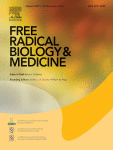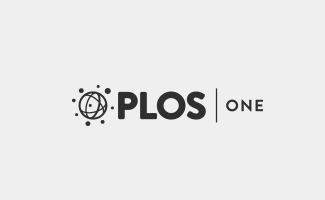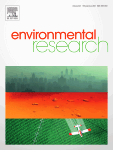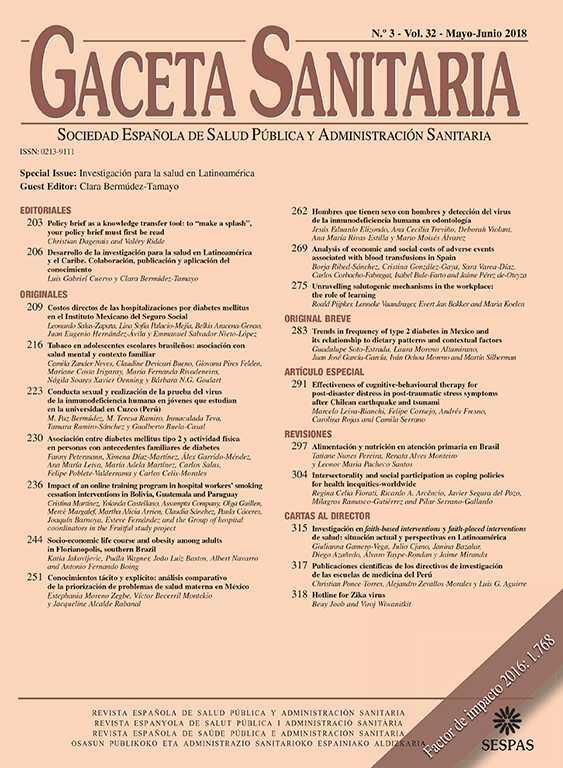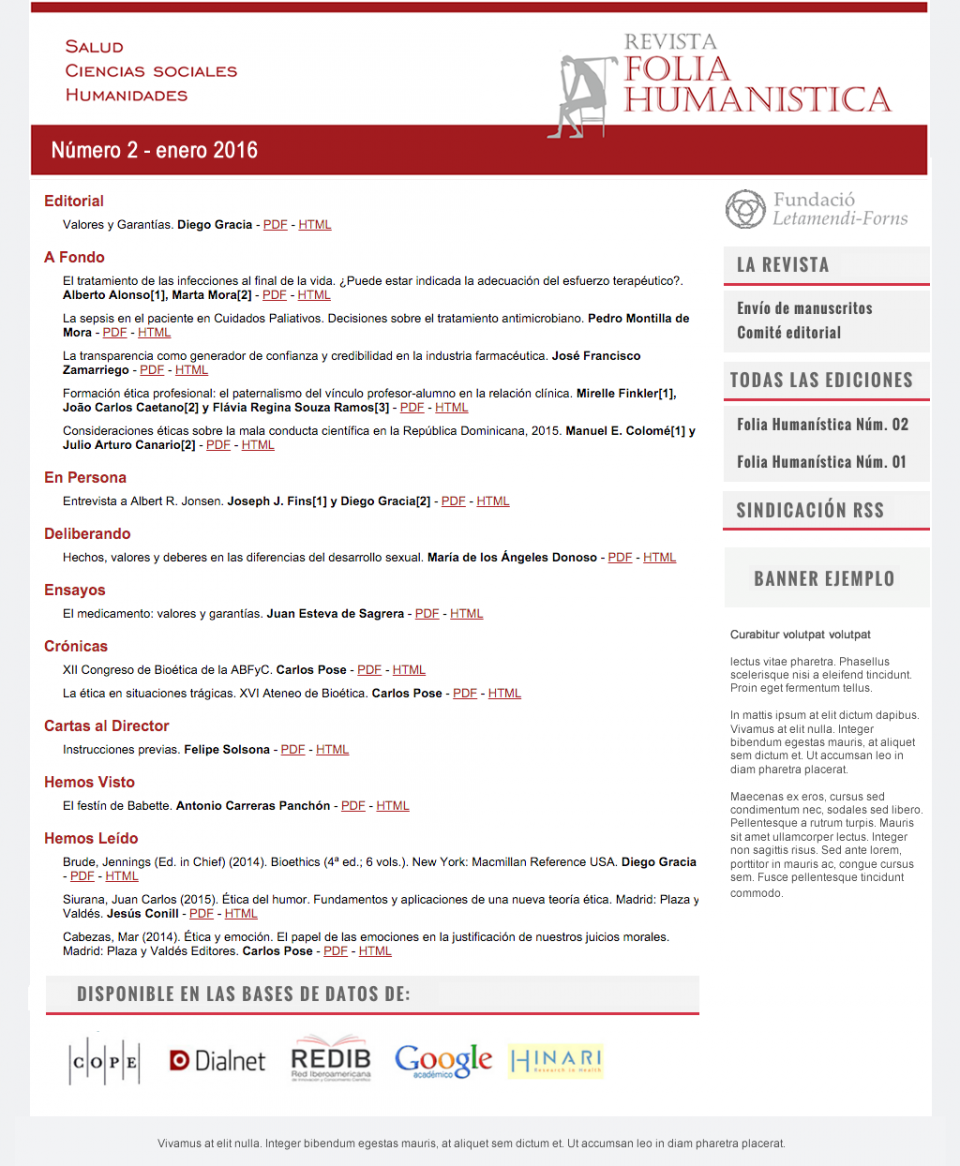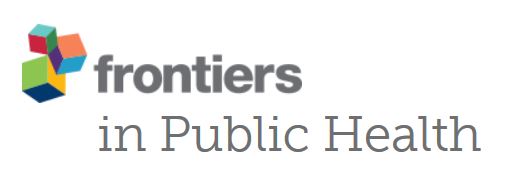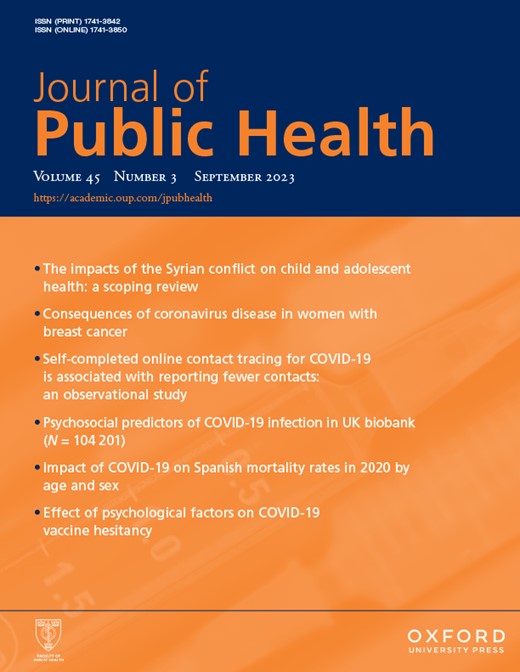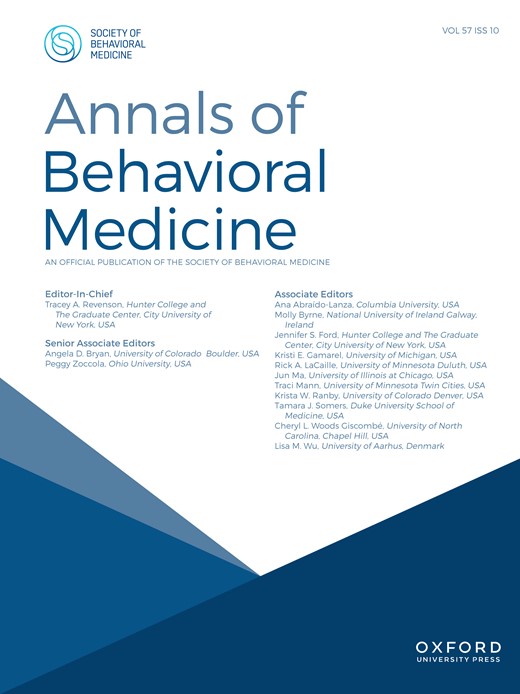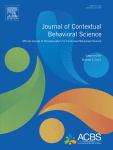Prediagnostic selenium status, selenoprotein gene variants and association with breast cancer risk in a European cohort study
Selenium (Se) may help prevent breast cancer (BC) development. Owing to limited observational evidence, we investigated whether prediagnostic Se status and/or variants in the selenoprotein genes are associated with BC risk in a large European cohort. Se status was assessed by plasma measures of Se and its major circulating proteins, selenoprotein P (SELENOP) and glutathione…



